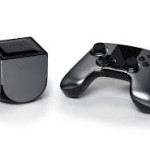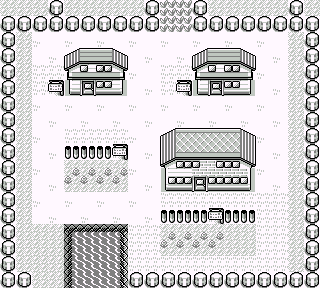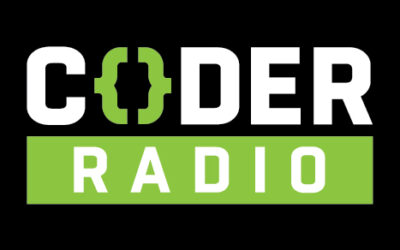 Coder Radio listeners will know that I was an early Ouya backer and was a little disappointed in the backer unit. Earlier in the week, I received a consumer unit and know feel that it is appropriate to write a full review of the device; previously I felt that it would be unfair to write up a review of a developer unit.
Coder Radio listeners will know that I was an early Ouya backer and was a little disappointed in the backer unit. Earlier in the week, I received a consumer unit and know feel that it is appropriate to write a full review of the device; previously I felt that it would be unfair to write up a review of a developer unit.
The Good: The developer unit had some issues with controller lag and buttons often sticking, however, the full release unit addresses those issues for the most part. On a few games, there was some input lag, but that is likely caused by shoddy programming in those games rather than any issue with the input device itself. It might seem a bit picky but input lag is a deal breaker and it is great that the Ouya team has been able to address these issues. The Ouya store was originally extremely slow and that has been for the most part addressed, however, it does appear that the store does not (or often fails to successfully) cache the cover images which causes the store’s images to be slow everytime you load it; still, the store is far more usable than it previously was and some of the lag issues might be due to it being still very near its launch day rush. I was also pleased to see a few interesting independant games on the Ouya that were designed for consoles rather than just being mobile ports from Android.
The Bad: The majority of games available on the Ouya are pretty bad. This is caused less by the laissez-faire approach that Ouya take to its submission process, though that is certainly a contributor, and more by the fact that a lot of the early games are bad ports of touch games. It is more than a little jarring to see games that are excellent on my Nexus 7 perform so badly on the Ouya. Still, it is hard to blame the Ouya for lazy developers, but these poor ports do make me wish there were some kind of submission review process or at least testing for input lag and other very obvious bugs. Another pain point in my review was that the Ouya does not list the full price of a title or the in game purchases available for that game on the game’s store page. This is a little frustrating, since I would like to be able to know if a game is based on a traditional purchase model or a microtransaction model when browsing the store; this issue is by no means a major problem but would be worth further review by the Ouya UX team.
The Ugly: Based on information that has become available from retail and the Kickstarter numbers, the Ouya has sold well, but it is not entirely clear what that means for independent game developers. For instance, a significant emulation community has sprung up around the Ouya and there is some concern that the device may become little more than an emulation box — potentially limiting the market of owners interested in purchasing original independant games on the console. At this point, removing emulators from the Ouya store would be politically damaging for Ouya, but it is also unclear to what degree (if any) emulators are cannibalizing what could have been original game sales.
The Bottom Line: The consumer release of the Ouya solves a lot of the issues found in the developer release and is definitely worth taking a look at from a consumer perspective. As a developer, the consumer release definitely makes it worth taking another look at, but the issues around emulation and the newness of the platform temper somewhat any enthusiasm in the platform.






